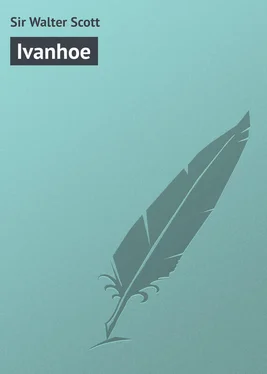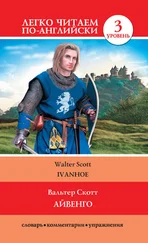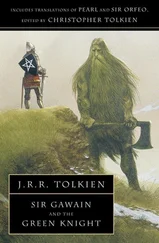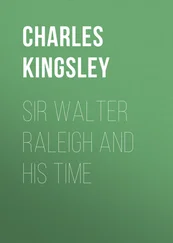The original has "Cnichts", by which the Saxons seem to have designated a class of military attendants, sometimes free, sometimes bondsmen, but always ranking above an ordinary domestic, whether in the royal household or in those of the aldermen and thanes. But the term cnicht, now spelt knight, having been received into the English language as equivalent to the Norman word chevalier, I have avoided using it in its more ancient sense, to prevent confusion. L. T.
Pillage.
These were drinks used by the Saxons, as we are informed by Mr Turner: Morat was made of honey flavoured with the juice of mulberries; Pigment was a sweet and rich liquor, composed of wine highly spiced, and sweetened also with honey; the other liquors need no explanation. L. T.
There was no language which the Normans more formally separated from that of common life than the terms of the chase. The objects of their pursuit, whether bird or animal, changed their name each year, and there were a hundred conventional terms, to be ignorant of which was to be without one of the distinguishing marks of a gentleman. The reader may consult Dame Juliana Berners' book on the subject. The origin of this science was imputed to the celebrated Sir Tristrem, famous for his tragic intrigue with the beautiful Ysolte. As the Normans reserved the amusement of hunting strictly to themselves, the terms of this formal jargon were all taken from the French language.
In those days the Jews were subjected to an Exchequer, specially dedicated to that purpose, and which laid them under the most exorbitant impositions.—L. T.
This sort of masquerade is supposed to have occasioned the introduction of supporters into the science of heraldry.
These lines are part of an unpublished poem, by Coleridge, whose Muse so often tantalizes with fragments which indicate her powers, while the manner in which she flings them from her betrays her caprice, yet whose unfinished sketches display more talent than the laboured masterpieces of others.
This term of chivalry, transferred to the law, gives the phrase of being attainted of treason.
Presumption, insolence.











